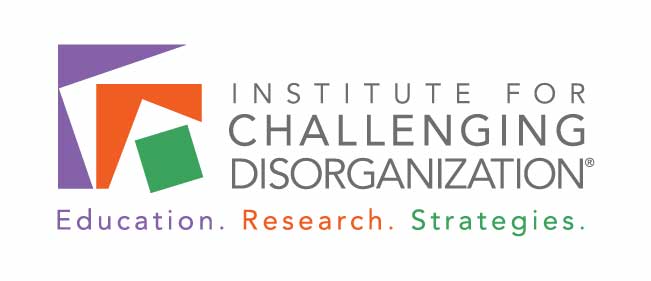- Home
- About Us
- Education and Events
- Certification
- Research
- Resources
- For Subscribers
- Contact us
- International
|
To purchase recordings of the ICD® 2020 Virtual Assembly RecordingsClick HereRecordings include the following sessions:
Neurobiological and Neurochemical Processes of Hoarding Disorder The recent distinction between Hoarding Disorder (HD) and Obsessive-Compulsive Disorder (OCD) has ignited the interests of researchers who seek to discover the neurobiological mechanisms behind HD. Findings show that HD is associated with brain abnormalities distinct from OCD, such as significantly different anterior cingulate cortices and precentral and superior frontal gyri. HD is associated with deficits in executive functioning, attention, and memory. This presentation will discuss the most recent neuropsychological findings of HD and how they will impact the future treatment of this disorder. You will understand what cognitive deficits people with HD experience and what strategies are effective in working with these deficits.
Brain Injury! Impacts, Recovery Patterns & Strategies Capturing lessons from three clients, this session will explore their brain injury journeys through three fluid, progressive recovery phases. Each of our case studies illustrates specific cognitive, emotional and mobility challenges. Changing opportunities and supports will be considered, including examples of information tracking, time and task management, education, communication and adapted space use. Burnout: How Chronic Stress Affects Cognitive Abilities Related to Executive Functioning and Disorganization with Dr. Sheryl Ziegler, L.P.C., R.P.T. Defined by the World Health Organization, burnout is a syndrome conceptualized as resulting from chronic workplace stress that has not been successfully managed. Cognitive abilities, executive functioning and disorganization are consequences of burnout. Gain specific strategies to address the prevention and treatment of burnout during this session.
|


